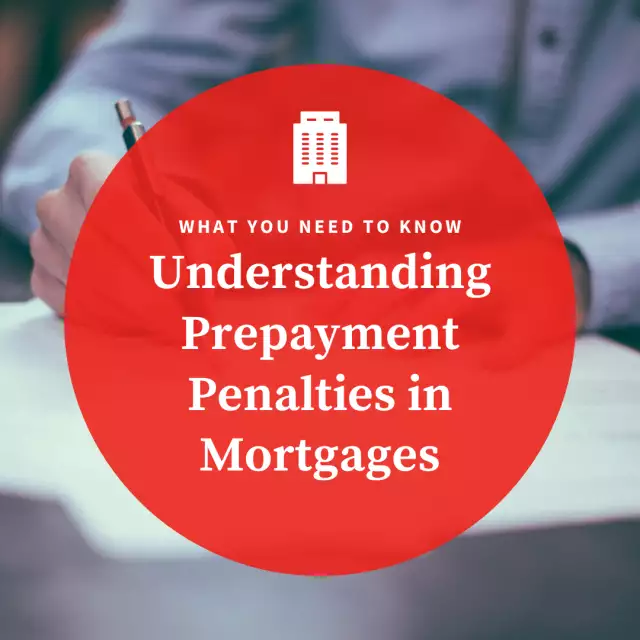Everything you need to know about kickbacks in real estate in 2023
A kickback in real estate is a payment or benefit given by a service provider, such as a real estate agent or contractor, to a person who referred them business. This is considered unethical and in some cases illegal, as it can create a conflict of interest and may lead to the service provider providing substandard service or overcharging for their services.
Kickbacks can also refer to illegal or unethical payments made by a real estate agent to a mortgage broker or home inspector in exchange for steering business their way, or to a lender in exchange for approving a mortgage loan.
In the United States, kickbacks in real estate transactions are illegal under the Real Estate Settlement Procedures Act (RESPA) and may lead to fines or even criminal prosecution.
It's important to be aware of this illegal practice and ensure that any real estate professional you work with is acting ethically and legally. It's also important to do your own research and compare prices and services from multiple providers to ensure you're getting a fair deal.
Here are a few examples of kickbacks in real estate:
A real estate agent receives a percentage of commission from a home builder or developer for steering clients to purchase a new home in a specific development.
A real estate agent receives a gift card or other benefit from a home inspector or contractor in exchange for referring clients to them.
A mortgage broker receives a referral fee from a real estate agent in exchange for approving a mortgage loan for one of their clients.
A real estate appraiser inflates the value of a property in exchange for a payment from a real estate agent or lender.
A real estate agent receives a payment from a title company in exchange for referring clients to them for title insurance or closing services.
It's important to note that these are illegal activities and can lead to severe penalties, fines and even criminal prosecution. It's also important to be aware of these activities and ensure that any real estate professional you work with is acting ethically and legally. It's also important to do your own research and compare prices and services from multiple providers to ensure you're getting a fair deal.
What are the differences between kickbacks, referral fees, and commission rebates?
Kickbacks, referral fees, and commission rebates are all related to the real estate industry, but they are different in their nature and legality.
Kickbacks: Kickbacks are illegal or unethical payments made by a service provider, such as a real estate agent, to a person who referred them business. This payment is often made to create a conflict of interest and may lead to the service provider providing substandard service or overcharging for their services. Kickbacks are illegal under the Real Estate Settlement Procedures Act (RESPA) in the United States.
Referral fees: Referral fees are payments made by one real estate agent to another for referring business to them. This can include referring a client who is looking to buy or sell a property. Referral fees are legal in some states, but they are not allowed in all states.
Commission rebates: Commission rebates are legal and ethical way for a real estate agent to share a portion of their commission with the person who hired them. It's a way for the buyer to get a portion of the commission that is paid to the agent by the seller, back to the buyer. This can help the buyer to save money on their purchase and it's also a win-win situation for both the buyer and the seller. Commission rebates are legal in some states but may not be allowed in all states.
It's important to note that not all agents engage in kickbacks, but it's always good to be vigilant and ask questions to ensure that your agent is acting ethically and legally.
How can I Make sure that my agent is not involved in kickbacks
Here are a few steps you can take to make sure that your real estate agent is not involved in kickbacks:
Do your own research: Before hiring an agent, do your own research to ensure they are licensed and in good standing with their state's real estate commission. You can also check online reviews and ask for recommendations from friends and family.
Ask about their referrals: Ask your agent about any referrals they make, such as home inspectors or contractors. They should be able to provide you with a list of reputable professionals and should not receive any payments or benefits from them.
Compare prices and services: Before hiring any service provider, such as a home inspector or contractor, compare prices and services from multiple providers to ensure you're getting a fair deal.
Check for red flags: Be aware of any suspicious behavior from your agent, such as pushing you to use specific service providers or refusing to provide you with a list of referrals.
Ask about commission rebates: If your agent offers you a commission rebate, make sure you understand the terms and conditions of the rebate, and how it will be applied to your purchase or sale.
Complain: If you suspect your agent is involved in kickbacks or any other unethical or illegal activities, you can file a complaint with the state's real estate commission or attorney general's office.
It's important to remember that not all agents engage in kickbacks, but it's always good to be vigilant and ask questions to ensure that your agent is acting ethically and legally.
In summary, a kickback is an illegal or unethical payment made by a service provider, such as a real estate agent, to a person who referred them business. This payment is often made to create a conflict of interest and may lead to the service provider providing substandard service or overcharging for their services. Kickbacks are illegal under the Real Estate Settlement Procedures Act (RESPA) in the United States. A commission rebate, on the other hand, is a legal and ethical way for a real estate agent to share a portion of their commission with the person who hired them. It's a way for the buyer to get a portion of the commission that is paid to the agent by the seller, back to the buyer. To make sure that your agent is not involved in kickbacks, you can do your own research, ask about their referrals, compare prices and services, check for red flags, ask about commission rebates and complain if you suspect any illegal or unethical activities.


